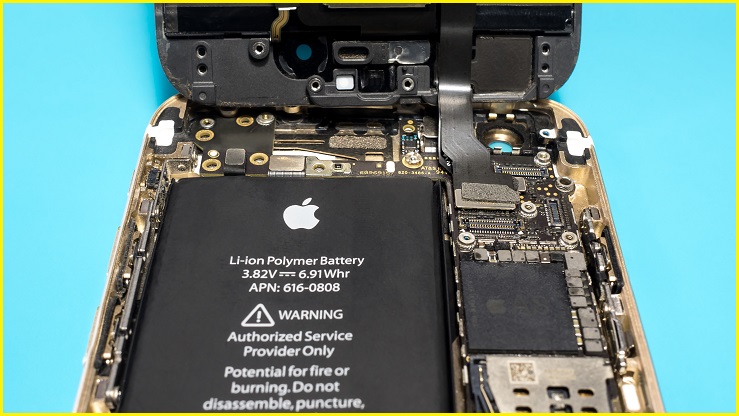Apple and parts manufacturer Broadcom have been ordered to pay a combined $1.6 billion ($US 1.1 billion) to the California Institute of Technology (Caltech) for infringing on the university’s patents.
A jury found in favour of Caltech after a two-week trial in which Caltech argued infringed-upon Wi-Fi patents helped Apple stay competitive in the mobile phone market, according to Law360.
"We are pleased the jury found that Apple and Broadcom infringed Caltech patents,” Caltech said.
“As a non-profit institution of higher education, Caltech is committed to protecting its intellectual property in furtherance of its mission to expand human knowledge and benefit society through research integrated with education."
The lawsuit began in 2016 when Caltech alleged Apple and Broadcom infringed on three patents for allowing quicker data transfer over Wi-Fi.
Broadcom sold the offending Wi-Fi chips to Apple which included them in around 600 million devices such as iPhones, iPads, MacBooks, and Apple Watches since 2010.
The jury ordered restitutions of around $1.25 billion ($US837 million) from Apple, and $400 million ($US270 million) from Broadcom which makes it the sixth largest cost for patent infringement ever, according to Bloomberg.
Both Apple and Broadcom have said they would appeal the decision.
Turbo-coding Wi-Fi
The three patents (US patent numbers 7,916,781 B2, 7,421,032 B2, and 7,116,710 B1) describe a simplified version of a turbo coder that can improving the maximum amount of data transmitted through Wi-Fi channels.
According to Caltech’s original filing, the “irregular repeat and accumulate (IRA) codes” in the patents are “at least as effective at correcting errors in transmissions as prior coding techniques […] but use simpler encoding and decoding circuitry and provide other technical and practical advantages, allowing for improved transmission rates and performance.”
Expert witness in the case, Matthew Shoemake, told the jury that the error-correction coding described in the Caltech patents allowed Apple to make smaller, more powerful devices.
"Heat is a problem, especially in small devices like iPhones and Apple Watches, and so by keeping the number of mathematical computations low, [the coding] also helps create less heat inside the device," Shoemake said.
It’s not Apple’s first lawsuit over patents – but this time the shoe was on the other foot.
For seven years, Apple and Samsung locked their litigious horns the design of phones and tablets that Apple claimed infringed on the company’s intellectual property.
In that instance, Apple had been initially awarded $US1 billion before Samsung’s appeals finally brought it down to $US539 million.






